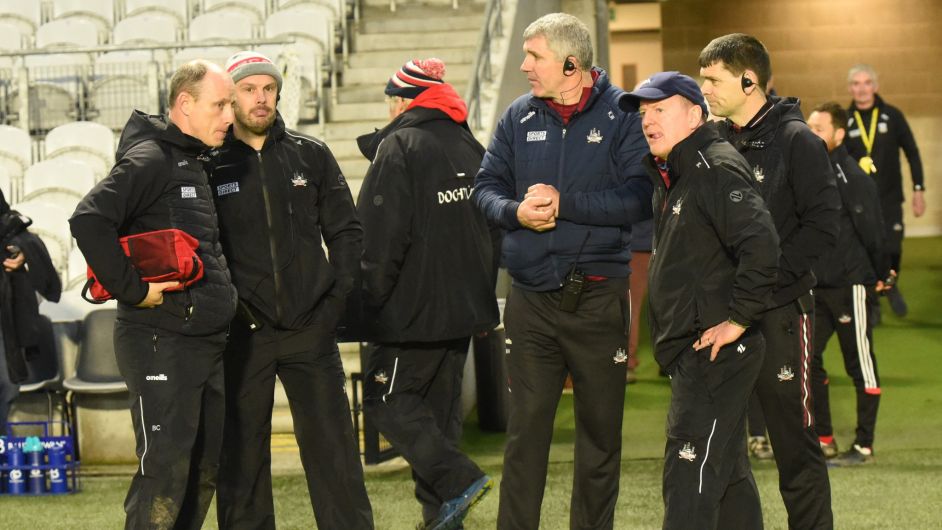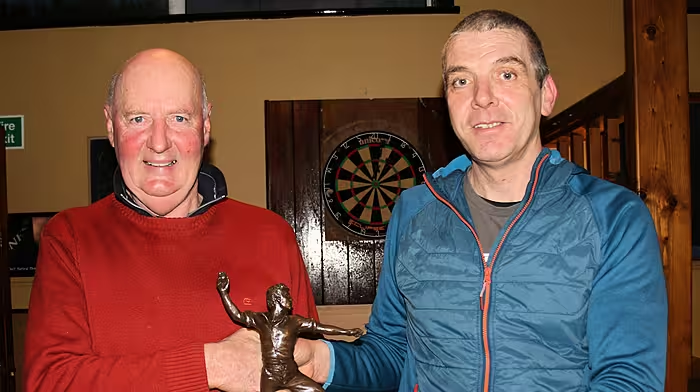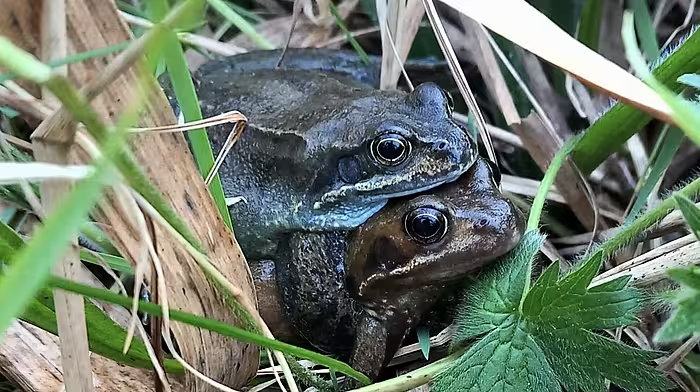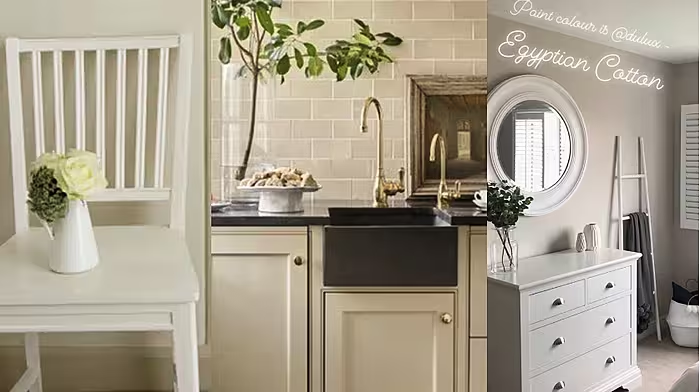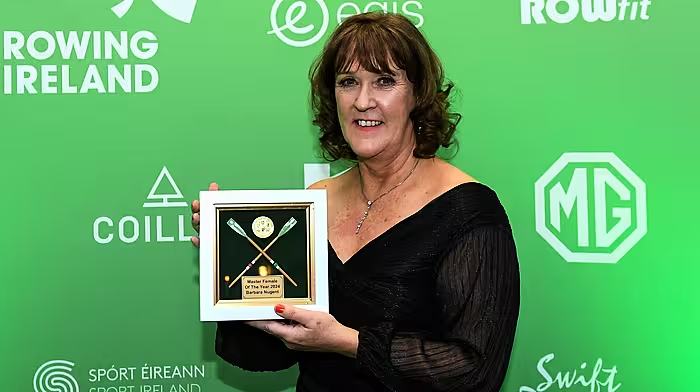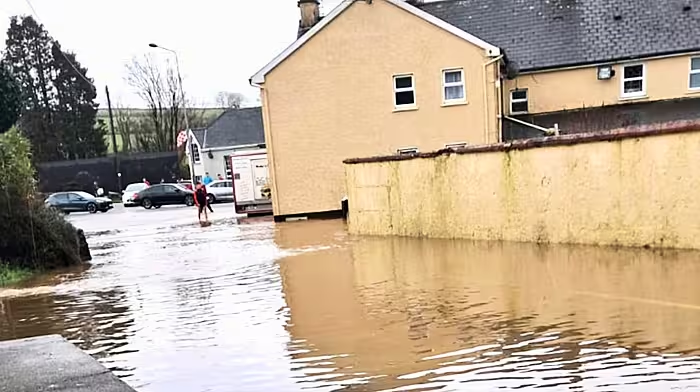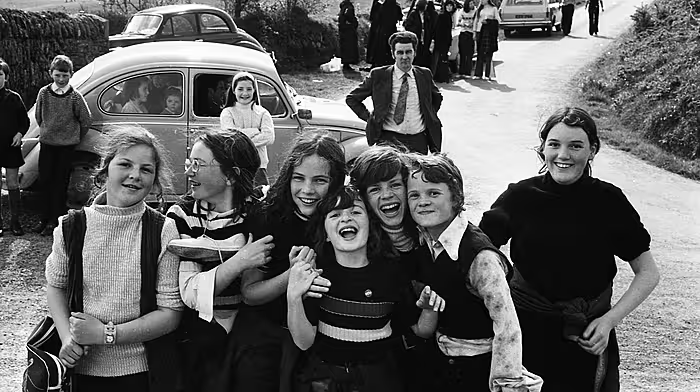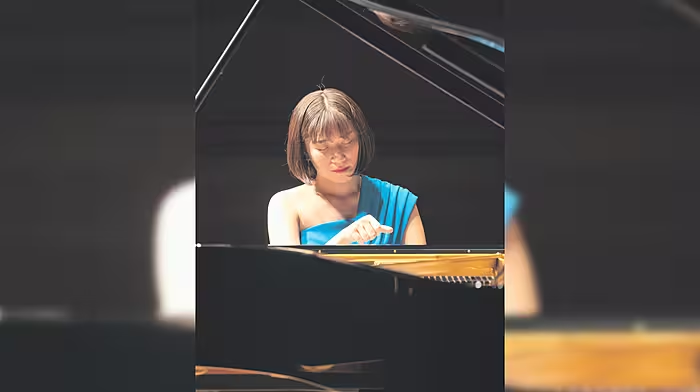
THERE are days I wish I wasn’t as obsessed with sport as much as I am, and last Saturday was certainly one of those. It was the reason my mood that evening was as miserable as the Saturday morning fog and rain.
Firstly, my beloved Spurs lost at home to Wolves. Less than an hour later I was trudging out of SuperValu Páirc Ui Chaoimh in even worse humour after Cork lost to Cavan (0-17 to 0-16) in Allianz Football League Division 2.
There is little worse in sport than contriving to lose at home against teams you should be beating, and this was a double whammy for my Saturday.
Whatever about Spurs, and an arbitrary decision I made to start following that particular football club a little more than 30 years ago, I was born into this Cork football malarkey.
My earliest sporting memory is the 1989 All-Ireland final. Even though I had not yet turned five years old, my cousins had the game on VCR tape in their house and I would look to put it on every time I called over, until they got sick of it and taped over it. Anthony Finnerty’s shot whizzing past the post that day still gives me heartburn.
In retrospect, I was absolutely spoiled as a small kid. The following year we had Italia ’90 and the Cork double. What a time to be a sports-mad young lad just starting to become aware of the world. Spurs even won the FA Cup the following year, and I thought the good times would never end.
Cork losing to Kilkenny in the hurling in 1992, and worse again, losing the football to Derry the following year were signs that it wouldn’t all be plain sailing. Still, I thought I would feast on successes aplenty for years and years to come. Thinking about football only for a minute – Dublin and Jason Sherlock in 1995, followed by Meath and Ollie Murphy in 1999 would further shatter my illusions of Cork dominance as enjoyed by Billy Morgan and his men in my formative years.
And although just a single All-Ireland title has been annexed since Larry Tompkins climbed the steps of the Hogan Stand, there have been five trips to the All-Ireland final and five further visits to semi-finals in that period. The point here is to illustrate why Cork football supporters expect much more than what we are getting right now and over the last decade.
The frustration at the lack of progression after last season is building amongst supporters. While John Cleary has a great deal of credit in the bank with Cork football people, the same is less true for Kevin Walsh. When a high-profile external coach comes to town, expectations are heightened and patience will be in short supply. Watching a team making similar mistakes for three games in a row only increases the questioning. It’s not for the management team to worry unduly about what I am writing or what the general public are saying, but they will be aware of increasing rumblings.
Back to Saturday evening, the disappointment was palpable among the football fraternity leaving The Park. Cork had let a very winnable home game slip from their grasp, and any signs of tangible progress from last year were few and far between. It was a case of the same old failings all over again for Cork. What cost Cork the game? Terrible conversion of chances. A predictable and unsuccessful long kick-out strategy. Black and red cards at critical times. All three of those issues were common themes in the opening two away day outings also, those losses to Donegal and Louth.
While the proliferation of statistics is often overdone, there are a few from Saturday’s game that illustrate the validity of the criticism. On conversion of chances, Cork converted just eight shots from 21 in open play. Cork created three good goal chances also, with Eoghan McSweeney palming against the crossbar in the early stages when Cork were on top. Ian Maguire cut through the Cavan defence not long after but was blocked down. In the second half, Matty Taylor made a great dart through the Cavan defence, but his pass to the supporting Colm O’Callaghan was too far in front and the danger was averted. The conversion rate of under 40 percent is nowhere near where it needs to be. Cavan converted 11 from 17 from play, for a conversion rate of 65 percent. It’s not much of a stretch to say this was the difference between winning and losing the game. Incredibly, Cork failed to score from play in the second half.
With regard to the much-discussed long kick-out strategy, there are some statistics here also that reinforce why so many of us are querying the stubborn refusal to add more variety to this part of our game. Cork claimed 65 percent of our own kickouts, but this does not tell the full story. Cavan varied between dropping off Cork’s kick-out early on, before pushing up more as the game progressed. Cork secured four of four inside our own 45, six from seven when we targeted between the 45 and 65, but just five of 12 in the midfield section. Ten of these kicks went to Chris Kelly’s left into the scrum of players gathered by the sideline. It’s 50/50 at best and extremely predictable. Surely, we need to start to see further evolution to this area of our game soon, or teams who press high on the Cork kick-out will continue to reap the rewards.
Cork had begun well and had Cavan under the cosh despite our missed chances, and when Cavan were reduced to 14 players, the opportunity to push on and put daylight between the teams was there. Unfortunately, Cork relinquished the numerical advantage within minutes when Luke Fahy followed Cavan’s full back to the sideline. Cavan would start to establish more of a foothold at this point. A strong finish to the half after Fahy returned gave Cork the lead at half-time, however Cavan upped the pressure in the early stages of the second half (particularly on the kick-out press) and Fahy compounded his earlier error with an over-zealous tackle and received a red card. Following on from Brian Hurley’s black card against Louth, discipline is another area that needs to be addressed.
As the game went into the latter stages, the switch of Tommy Walsh back to curb Cavan dangerman Paddy Lynch helped to settle the Cork defence. As Cavan’s scoring rate dropped, only two points separated the teams when another black card for Cavan evened the numbers. With around ten minutes to play including injury time, I turned and said to the lads next to me ‘The chance is still there to win this if we are good enough, no excuses’. Cork did draw level going into injury time, before backing off a Cavan free deep in the Cavan half. Cavan eventually worked the ball down the field for the winning score.
Ultimately, it was a game Cork should have been winning, and to take nothing from another home game was a bitter pill to swallow. The performance was decent in patches, especially in the first half, but the failure to convert presentable chances cost us and we are now in a relegation scrap and scrambling to avoid the Tailteann Cup. The first step is to secure a win against Fermanagh away on Sunday.

